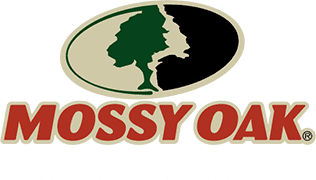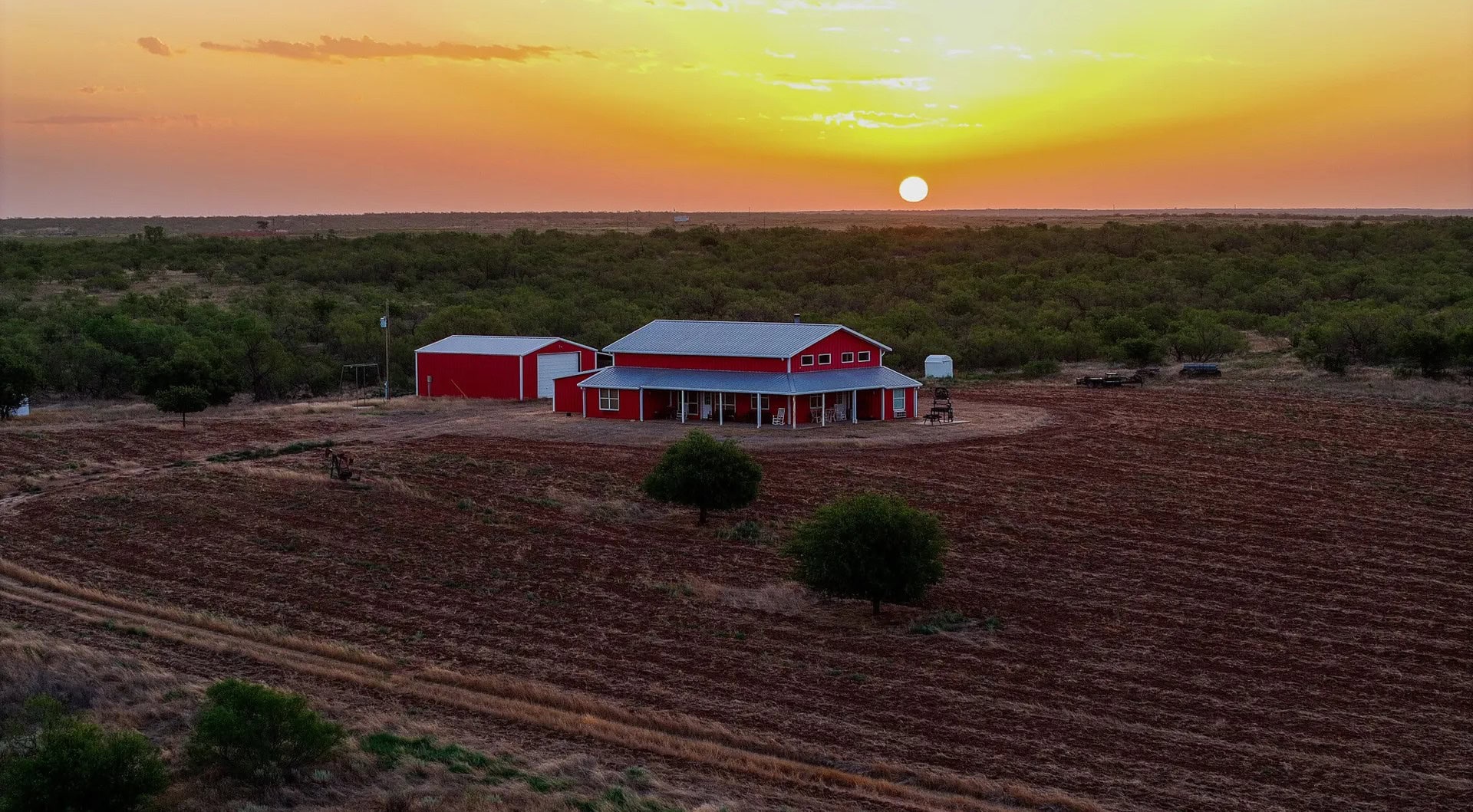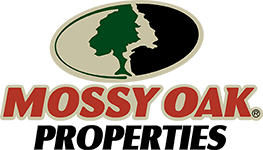Why Buy Land in Texas?
Texas offers a strong and growing real estate market, making it a prime spot for land investment. According to the Texas A&M Real Estate Center, the average cost of land per acre in Texas is about $4,670 as of late 2023. This is a significant increase from the $2,950 average in 2019, showing a steady rise in land value and a thriving market.
Besides the solid investment potential, Texas also offers a unique charm with its friendly communities and diverse cultural experiences. Whether you are looking to build, farm, or simply invest, Texas has a lot to offer, making it an appealing choice for various types of land buyers.
How to Secure Financing for Your Land Purchase
Once you have decided to buy land in Texas, the next step is securing financing. It is important to get your finances in order early to make the process easier. Conventional loans from banks are a common option, but they typically require a good credit score and a substantial down payment. For those looking to buy rural land, USDA loans offer favorable terms with lower down payments. Another flexible option is seller financing, where the seller finances the purchase directly.
Securing pre-approval for your loan before you start searching for land helps set a realistic budget and shows sellers you are serious and financially ready to buy. Choosing a lender experienced with land purchases can provide better terms and valuable advice, making the buying process more efficient and less stressful.
Finding the Perfect Piece of Land
Now that financing is sorted, it is time to find the perfect piece of land. Texas offers various types of land, each with its unique aspects and uses. Knowing what you need and how you plan to use the land helps narrow down your search. Checking land listings online can be a quick way to get an idea of the market before committing. Websites like Mossy Oak Properties can help you find Texas land for sale, giving you a general view of available options.
Here’s a quick look at the different land types and important considerations:
| Land Type | Pros | Cons | Key Considerations | Additional Info |
| Agricultural Land | Good for farming and agriculture | Requires good soil and water access | Soil quality, water availability | Ideal for long-term investment |
| Homebuilding Plots | Close to amenities, infrastructure | Can be expensive in urban areas | Proximity to schools, utilities | Suitable for family homes |
| Recreational Land | Privacy, scenic views | May lack infrastructure | Access to nature, recreational potential | Great for weekend getaways |
| Mineral Land | Potential for resource extraction | Requires regulatory compliance | Resource availability, extraction laws | Needs thorough research |
The Benefits of Working with a Real Estate Agent
Sure, you can go on a solo adventure to buy a piece of land, but things can go much smoother with an experienced real estate agent by your side. An agent helps you deal with the complexities of buying land, from negotiating deals to handling legal processes. They can provide valuable insights into the local market and guide you through the paperwork.
When choosing a real estate agent, look for someone with experience in land purchases. They should know the local market well and have a good track record. At Mossy Oak Properties, our experienced agents are always ready to help you find the perfect piece of land. We offer expert guidance and a wide selection of listings suited to your needs, making the buying process simpler and more convenient.
Making an Offer and Signing the Contract
Once you have found the perfect piece of land, the next step is making an offer. A competitive offer is crucial, and it is based on market research and the property’s value. Be prepared to negotiate with the seller to reach a fair price that works for both parties.
Understanding the key elements of the contract is vital. Important terms include the purchase price, contingencies, and closing dates. Try to make sure that all details are clear and agreed upon to avoid any misunderstandings. In Texas, it is also important to be aware of specific local regulations that might affect your purchase. Having a good real estate agent can be invaluable at this stage to help you get through the process smoothly.
Inspecting Land and Understanding Zoning Laws
Before finalizing your land purchase, make sure to conduct a complete land survey. These inspections ensure the land is suitable for your primary use and free from legal issues. Types of inspections include soil tests, environmental assessments, and property boundary surveys. These steps help you avoid future problems and unexpected costs.
Understanding local zoning laws is equally important. Zoning laws dictate how the land can be used, whether for residential, agricultural, commercial, or other purposes. Make sure your plans comply with these regulations. Additionally, if you plan to build or develop the land, you’ll need to know about the necessary building permits. Researching these permits early in the process can save time and prevent legal complications.
Considering Utilities and Water Access
When buying land, one of the first things to check is access to utilities. You’ll need electricity, water, and sewage systems to make the land usable. Without these, developing the property can become a major hassle and expense. It is best to ensure these essentials are already available before moving forward.
Water rights are another key factor in Texas. The state has specific rules about water usage, so you’ll want to ensure you have access to a reliable water source. Does the property have a well, or is it connected to the municipal water supply? If not, drilling a well might be required, which can add to your costs. It is always good to know these details upfront to avoid surprises down the line.
Closing the Deal: Final Steps to Land Ownership
When you are ready to close the deal on your Texas land, there are a few final steps to keep in mind. Be prepared for closing costs, which can include title insurance, attorney fees, and taxes. These costs can add up, so it is good to budget for them ahead of time.
A final walkthrough of the property is a must. This last check makes sure everything is in the condition you expect before you finalize the purchase. Make sure all paperwork is complete and that funds are ready for the closing date. Once everything is in order, you can sign the documents and officially become a landowner in Texas.
Additional Tips for Buying Land in Texas
Here are a few extra tips to consider when buying land in Texas:
- Property Taxes—Understand your property tax obligations and look into any available exemptions.
- Investment Advice—Think about the long-term potential and resale value of the land.
- Join Local Communities—Engage with local landowner associations for support and resources.
- Environmental Considerations— Check for any environmental restrictions or conservation easements that might affect your land use.
- Survey and Boundaries—Get a detailed survey to confirm property boundaries and avoid disputes.
Mossy Oak Properties: Your Trusted Guide
Buying land in Texas is a big decision, and at Mossy Oak Properties, we are here to make it easier. Our team will guide you every step of the way. If you are looking for farmland, a place to build your home, or a spot for weekend getaways, we offer a variety of listings to match your needs.
We understand the importance of having reliable support during your land-buying journey. Mossy Oak Properties is here to help you make smart choices and find that perfect piece of Texas land. We are here to support you and look forward to being part of your land ownership adventure.


